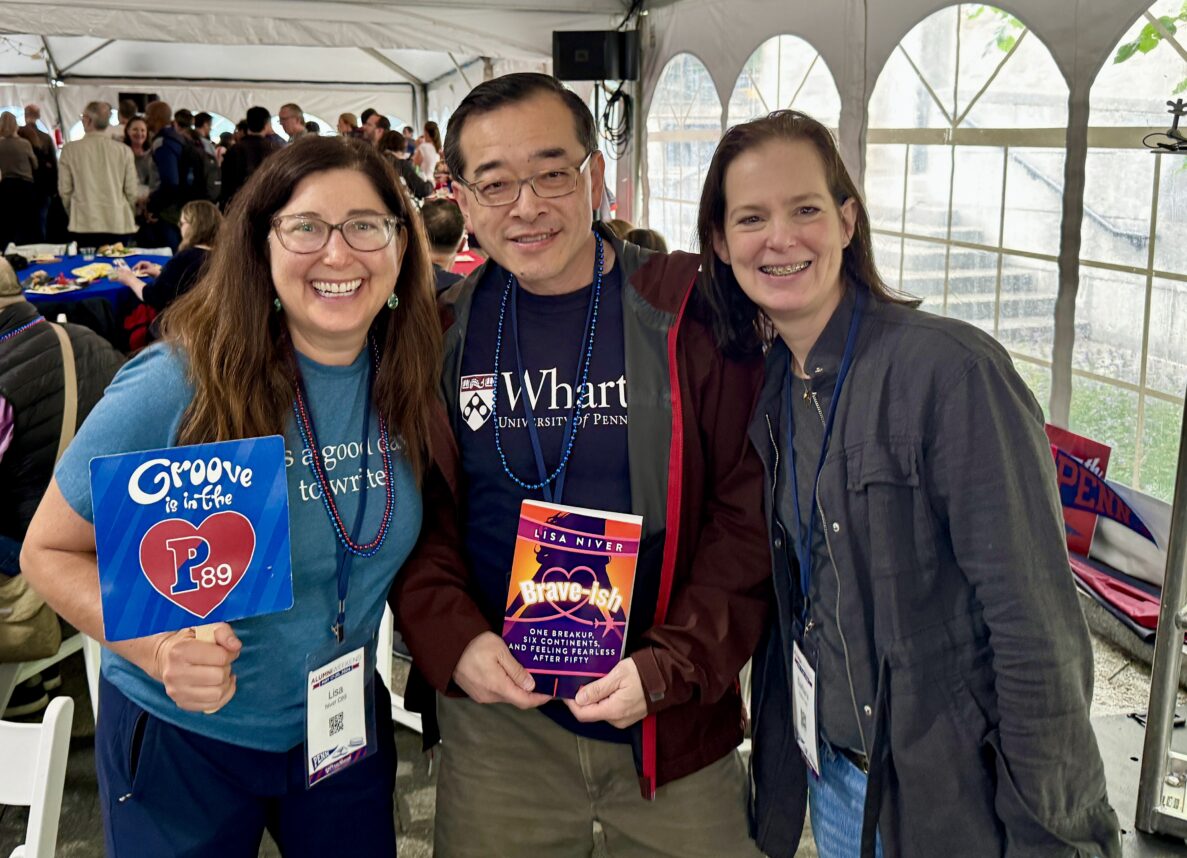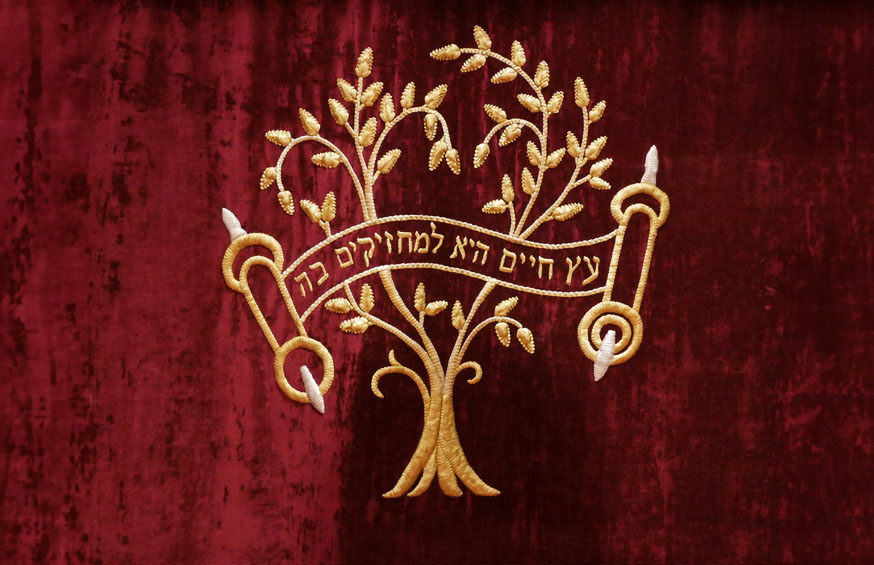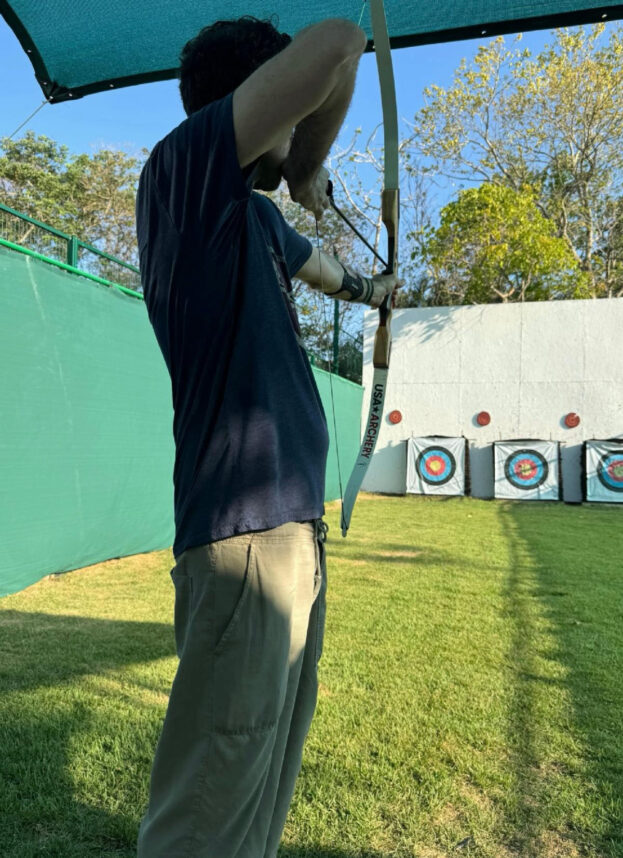Best friends Chana Bloch and Chana Kronfeld argue occasionally. Most often their disputes involve commas, line breaks and word connotations.
Bloch and Kronfeld work together to translate Hebrew poetry, including “Hovering at a Low Altitude,” the collected works of late Israeli poet Dahlia Ravikovitch (W.W. Norton & Co., 2009).
Though her name may ring few bells in the English-speaking world, Ravikovitch is one of the most revered poets in Israel. Her innovative blend of ancient and modern Hebrew, invoking biblical cadences and archaic terms, stretched the language as only the best poetry can.
“Pride”
by Dahlia Ravikovitch
Translated by Chana Bloch and Chana Kronfeld
Even rocks crack, I tell you,
and not on account of age.
For years they lie on their backs
in the cold and the heat,
so many years,
it almost creates the impression of calm.
They don’t move, so the cracks can hide.
A kind of pride.
Years pass over them as they wait.
Whoever is going to shatter them
hasn’t yet come.
And so the moss flourishes, the seaweed is cast about,
the sea bursts out and slides back,
and it seems the rocks are perfectly still.
Till a little seal comes to rub against them,
comes and goes.
And suddenly the stone has an open wound.
I told you, when rocks crack, it happens by surprise.
Not to mention people.
Her subject matter spanned everything from biblical heroes to Palestinian mothers in the West Bank.
“When she first came upon the scene in the 1950s, nobody had done anything like that with Hebrew,” said Kronfeld, an Israeli-born professor of Hebrew and comparative literature at the University of California, Berkeley. “We tried to retain some of those allusions.”
Bloch and Kronfeld consider themselves ardent admirers of Ravikovitch. As translators, they also had a leg up: They knew the poet personally and consulted with her during the translation process. When Ravikovitch died suddenly of a heart attack in 2005, at the age of 68, both were devastated.
So was all of Israel.
According to Bloch, Israelis buy more poetry per capita than any other people on earth. Israel had adopted Ravikovitch as a poet laureate who could express the deepest — and most conflicted — feelings of the modern state of Israel.
“She had the complicated feelings about her country we have about our country,” said Bloch, a Berkeley poet.
Though she was an anti-war leftist and fought for Palestinian rights, Ravikovitch often found her words appropriated by partisans on the left and the right. The Ministry of Transportation even borrowed a few lines from Ravikovitch for a media campaign to combat drunk driving.
But to Bloch and Kronfeld, she was, above all, a master wordsmith who posed numerous challenges to translators. That’s why the two tag-teamed on this latest annotated volume.
“Collaboration is a good way to approach the translation problem,” Bloch said. “Each of us brings an area of expertise, and our abilities dovetail nicely. [Kronfeld] is a native speaker of Hebrew and an expert on contemporary Hebrew literature. I’m a poet.
“It’s the chevrutah model,” she added, referring to the age-old method of studying Torah in pairs.
Though she speaks Hebrew, Bloch deferred to native speaker Kronfeld when it came to the finer subtleties of Ravikovitch’s language. Then Bloch would “sleep on it” to come up with the best way to render the work in American English.
This is not Bloch’s first pass at translating Ravikovitch. Twenty years ago, she put out a volume of Ravikovitch’s poems, which she translated with her then-husband, Ariel. In the latest volume, she and Kronfeld retranslated everything, with the aim of more precisely capturing Ravikovitch’s voice.
“We had more of a desire to allow those other voices to be heard in English, even if it makes English a little uncomfortable,” Kronfeld said. “We wanted to foreignize English, which has a tendency to make everything flat and sweet and nice. We were making sure it was poetry, and stretching English as a result.”
Both Bloch and Kronfeld are grateful Ravikovitch had a chance to see many of their translations before her death. As a student of English literature, the poet had a deep appreciation for the language. She once borrowed 11 lines from “Hamlet” to insert in a poem of her own.
Mostly, the translators hope this book will introduce Ravikovitch to a new audience of poetry lovers.
“Her poetry introduced feminism into Israeli society, even before the concept of feminism existed there,” Kronfeld said. “She made it possible for women’s poetry to be considered high art, and for poetry and poets, especially women poets, to become an integral part of public life.”
Added Bloch: “It’s true she could see everything that’s wrong with [Israel], but her soul was bound up with the soul of this country.”
Reprinted with permission from the j. weekly.
Chana Bloch and Chana Kronfeld will speak at UCLA’s Royce Hall, Room 314 on Jan. 11 at 4 p.m. For information go to cjs.ucla.edu.






















 More news and opinions than at a Shabbat dinner, right in your inbox.
More news and opinions than at a Shabbat dinner, right in your inbox.